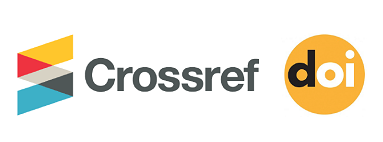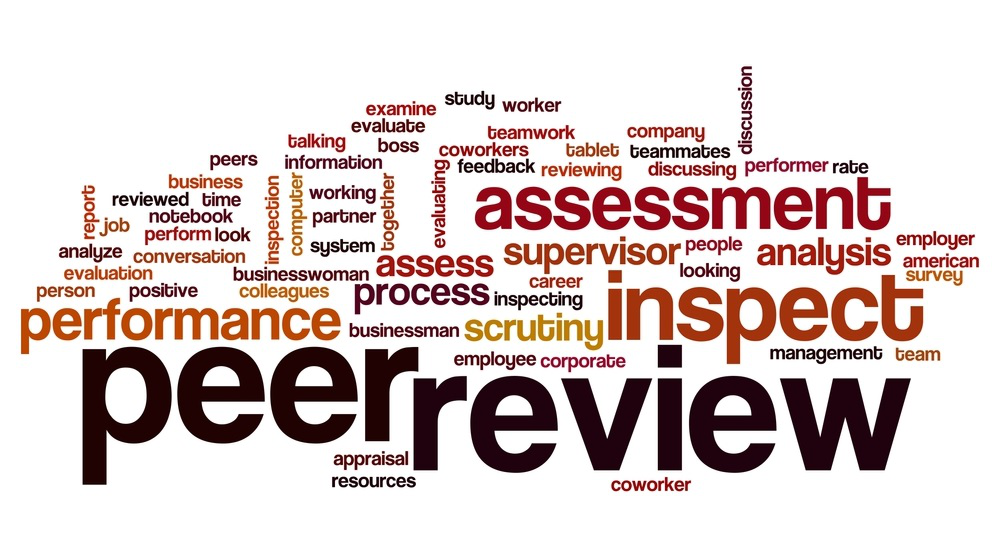Advanced Quantum Algorithms for Big Data Clustering and High-Dimensional Classification
DOI:
https://doi.org/10.69987/Keywords:
High-Dimensional Classification, Big Data Clustering, Quantum-Inspired Algorithms, Quantum Support Vector Machines, Tensor Network ClassifiersAbstract
The exponential growth of data and the increasing complexity of high-dimensional classification problems have pushed classical computing methods to their limits. Quantum computing emerges as a promising paradigm to address these challenges. This research article explores advanced quantum algorithms for big data clustering and high-dimensional classification. We investigate quantum versions of K-means, spectral clustering, and support vector machines, comparing their performance with classical counterparts. Our results demonstrate significant speedups in processing time and improvements in clustering quality for high-dimensional datasets. Additionally, we propose a novel quantum-inspired classical algorithm that bridges the gap between quantum and classical approaches. This comprehensive study provides insights into the potential of quantum computing in revolutionizing data analysis and machine learning, paving the way for future advancements in the field.
References
S. Alam, “Deep Learning Applications for Residential Energy Demand Forecasting,” AI, IoT and the Fourth Industrial Revolution Review, vol. 14, no. 2, pp. 27–38, 2024.
Z. Zhang, H. A. Hamadi, E. Damiani, C. Y. Yeun, and F. Taher, “Explainable Artificial Intelligence applications in cyber security: State-of-the-art in research,” arXiv [cs.CR], 31-Aug-2022.
S. Ankam and D. N. S. Reddy, “Cryptographic techniques based on quantum computing for securing cloud,” J. Adv. Res. Dyn. Control Syst., vol. 12, no. 5, pp. 1–8, May 2020.
T. Morimae, “Secure cloud quantum computing with verification based on quantum interactive proof,” Impact, vol. 2019, no. 10, pp. 30–32, Dec. 2019.
F. Di Marcantonio, M. Incudini, D. Tezza, and M. Grossi, “Quantum Advantage Seeker with Kernels (QuASK): a software framework to speed up the research in quantum machine learning,” Quantum Mach. Intell., vol. 5, no. 1, Jun. 2023.
P. Pernot, B. Huang, and A. Savin, “Corrigendum: Impact of non-normal error distributions on the benchmarking and ranking of quantum machine learning models (2020 Mach. Learn.: Sci. Technol. 1 035011),” Mach. Learn. Sci. Technol., vol. 2, no. 1, p. 019501, Mar. 2021.
I. D. Leonidas, A. Dukakis, B. Tan, and D. G. Angelakis, “Qubit efficient quantum algorithms for the vehicle routing problem on Noisy Intermediate‐Scale Quantum processors,” Adv. Quantum Technol., vol. 7, no. 5, May 2024.
D. Pastorello, E. Blanzieri, and V. Cavecchia, “Learning adiabatic quantum algorithms over optimization problems,” Quantum Mach. Intell., vol. 3, no. 1, Jun. 2021.
D. B. Tretyakov, V. M. Entin, E. A. Yakshina, I. I. Beterov, and I. I. Ryabtsev, “Dynamics of three-photon laser excitation of mesoscopic ensembles of cold rubidium atoms to Rydberg states,” Quantum Elec. (Woodbury), vol. 52, no. 6, pp. 513–522, Jun. 2022.
S. Wang, P. Czarnik, A. Arrasmith, M. Cerezo, L. Cincio, and P. J. Coles, “Can error mitigation improve trainability of noisy variational Quantum Algorithms?,” Quantum, vol. 8, no. 1287, p. 1287, Mar. 2024.
R. Sakurai, O. J. Backhouse, G. H. Booth, W. Mizukami, and H. Shinaoka, “Comparative study on compact quantum circuits of hybrid quantum-classical algorithms for quantum impurity models,” arXiv [quant-ph], 07-Dec-2023.
K. Batra et al., “Quantum machine learning algorithms for drug discovery applications,” J. Chem. Inf. Model., vol. 61, no. 6, pp. 2641–2647, Jun. 2021.
Downloads
Published
Issue
Section
License
Copyright (c) 2024 © 2024 Journal of Advanced Computing Systems (JACS). All rights reserved. Authors retain copyright and grant JACS right of first publication under a Creative Commons Attribution License.

This work is licensed under a Creative Commons Attribution 4.0 International License.











